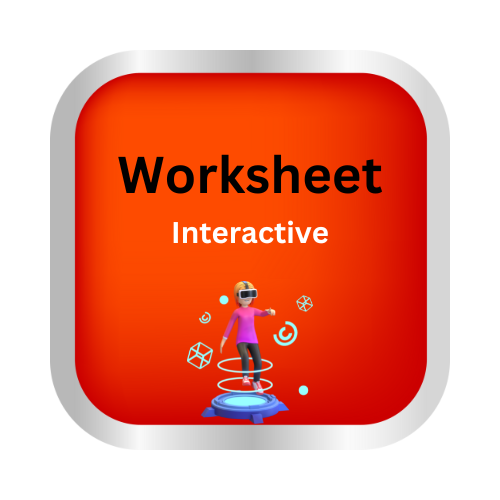Is it a phrase or a clause?
Key Notes:
- A phrase is a group of words that work together but does NOT have both a subject and a verb. ❌✏️
- A phrase cannot stand alone as a complete sentence. 🛑
Examples:
- 🌸 in the garden
- 🍕 eating a delicious pizza
- 🏃 running very fast
✅ Tip: If it doesn’t have a subject doing an action, it’s usually a phrase.
- A clause is a group of words that has a subject AND a verb. ✔️✏️
- Clauses can sometimes stand alone as a complete sentence.
Types of Clauses:
- Independent Clause 🌟 – Can stand alone as a sentence.
- Example: She plays the guitar. 🎸
- Dependent Clause 🌈 – Cannot stand alone; depends on another clause.
- Example: Because she was tired… 😴
| How to Tell the Difference 🔍 |
| Feature | Phrase | Clause |
|---|
| Subject | ❌ Usually no subject | ✅ Has a subject |
| Verb | ❌ Usually no verb | ✅ Has a verb |
| Can stand alone? | ❌ No | ✅ Sometimes (if independent) |
| Example | under the table | He is sleeping under the table. 🛏️ |
- Clause = Complete action + who is doing it 👩🏫
- Phrase = Just a part or description, no complete action 🖼️
- After the rain stopped 🌧️ – Clause (dependent, has subject + verb)
- In the blue sky ☁️ – Phrase (no subject + verb)
- She laughed loudly 😂 – Clause (independent)
- Eating an ice cream 🍦 – Phrase (no subject doing the action)
- Because he forgot his homework 📚 – Clause (dependent)
- Look for a subject + verb → If present → Clause
- If no subject doing an action → Phrase
- Remember: all clauses have phrases inside them, but not all phrases are clauses! 💡
Let’s practice!🖊️

